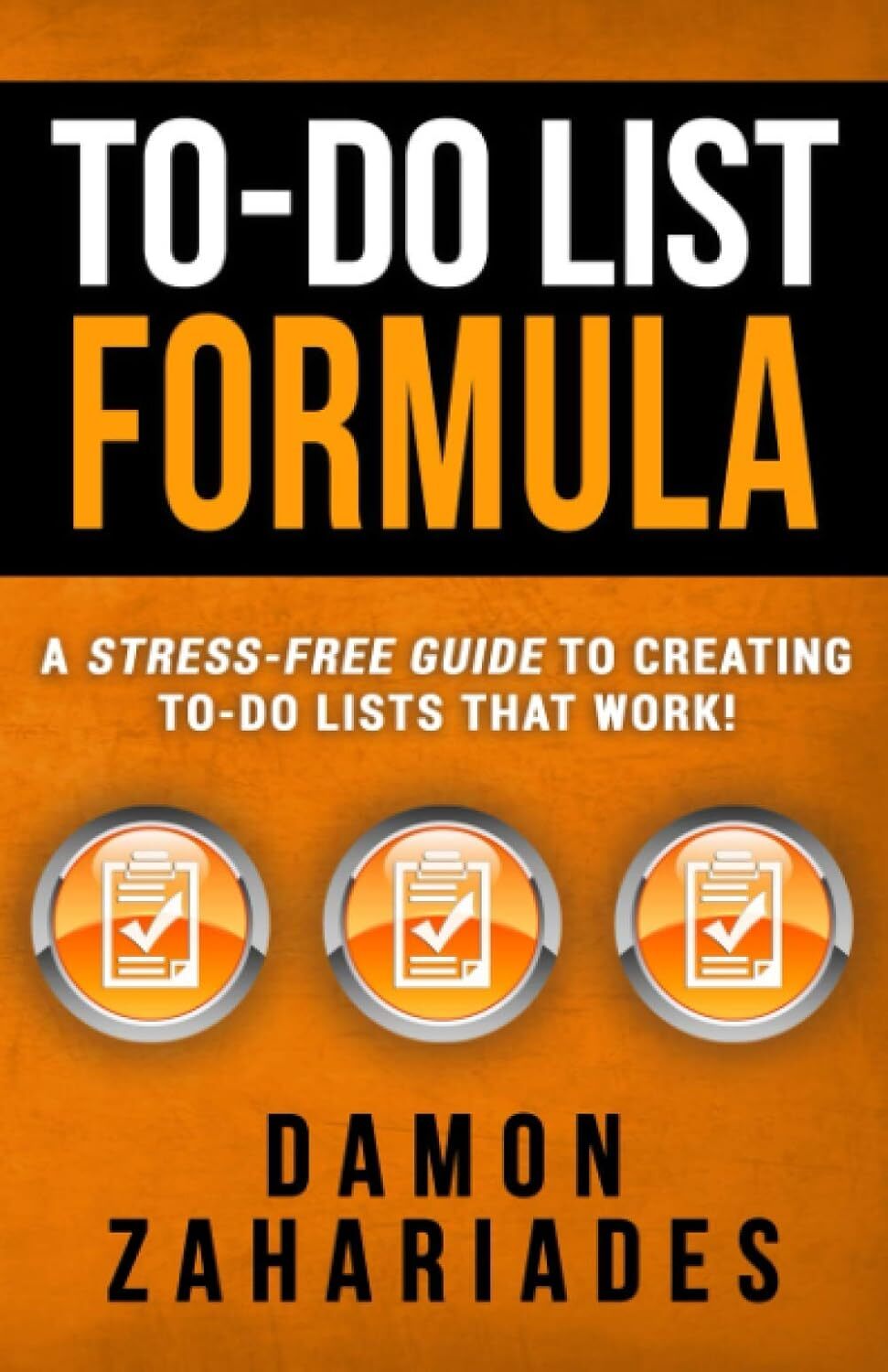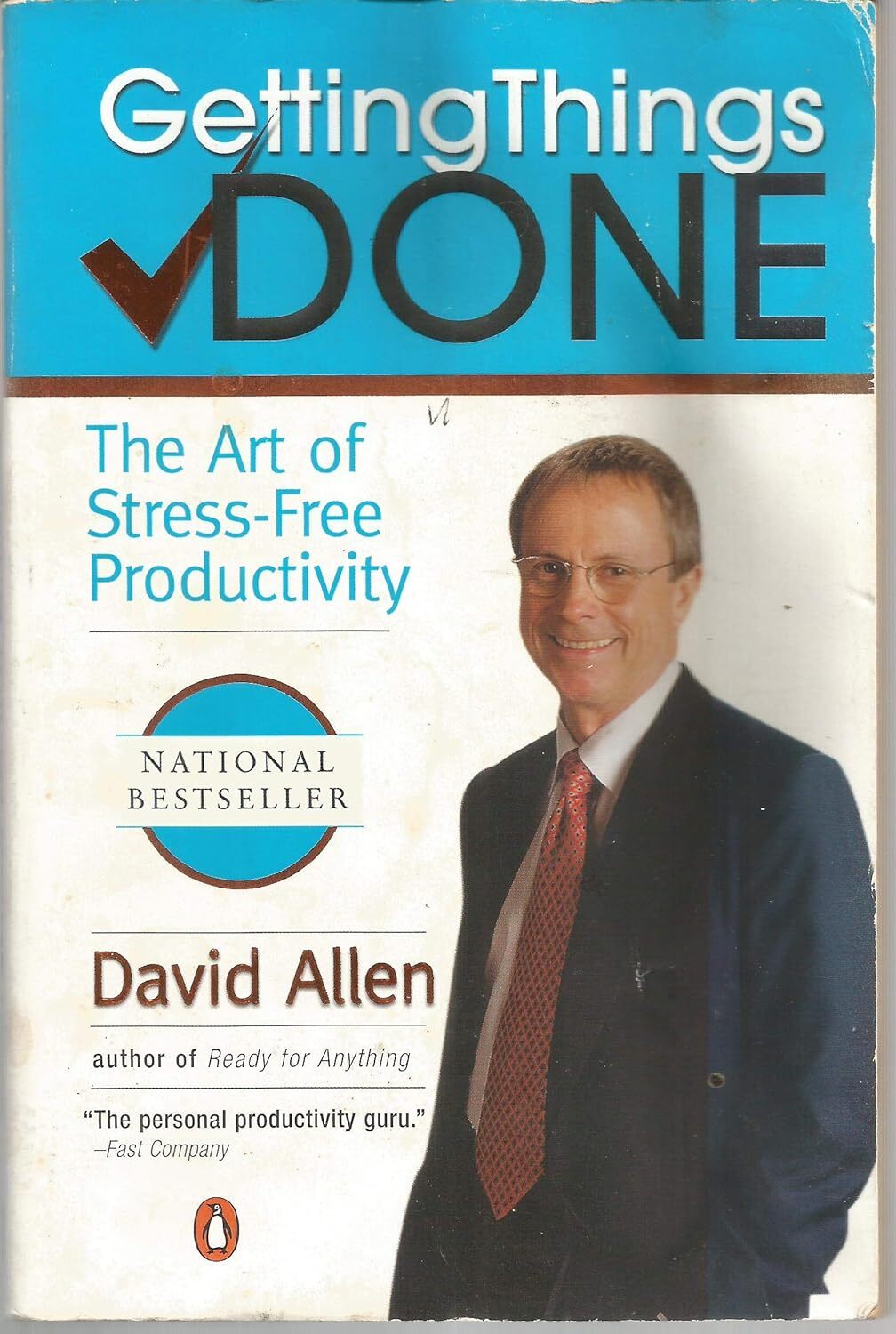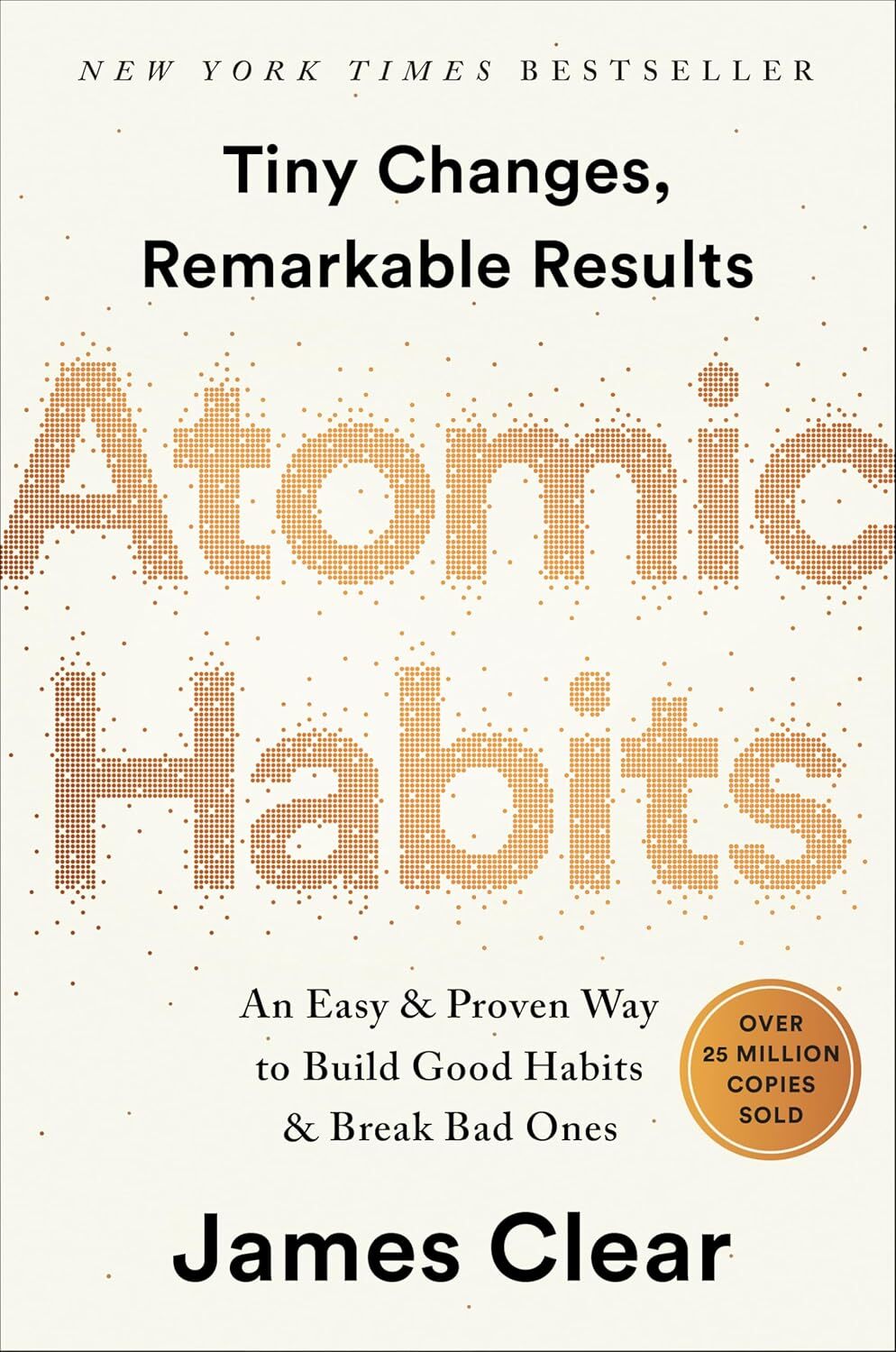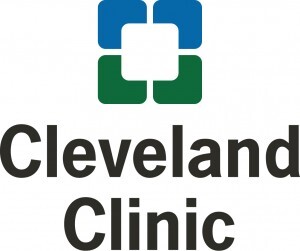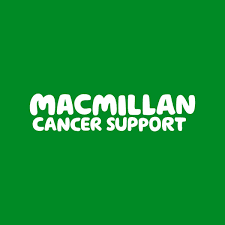Task List
Boost Personal Productivity and Control in Your Recovery Journey

Introduction
Task List, often called a to-do list, is a simple yet effective tool for organizing daily responsibilities, medical tasks, and personal goals in a prioritized manner. For cancer survivors, it provides structure and empowerment, helping manage recovery-related activities across all stages while reducing overwhelm and providing plenty of opportunities to celebrate small victories.
What You Need To Know
How To Do It
Instructions:
1. Prepare Your Tools
Use a notebook, spreadsheet, or a digital app. Choose a quiet space and allocate 5–10 minutes to start.
- Task
- Category
- Sub-Project or Process (optional)
- Project (optional)
- Strategic Initiative (optional)
- Priority
- Critical
- Important
- Required
- Desirable
- Optional
- Assigned to (optional)
- Date Assigned
- Start Date
- Due Date
- Status – Done?
- Yes
- No
- Today?
- Waiting
- On Hold
- Rejected
Helpful Tips:
- Keep it simple: Limit daily tasks to 5–10 to avoid overwhelm.
- Be realistic: Account for energy fluctuations in recovery.
- Use symbols: Adopt shorthand (e.g., ✔ for done, > for rescheduled) for efficiency.
- Prioritize self-care: Include rest or relaxation as key tasks.
- Stay flexible: Adjust lists based on treatment schedules or symptoms.
- Track progress: Note completed tasks to boost motivation.
- Combine with apps: Use digital tools for reminders and organization.
- Consult your care team: Align medical tasks with professional advice.
- Celebrate small wins: Acknowledge even minor accomplishments to stay positive.
Related Topics:
Strongly Related
Reduce Stress:
[Links to related web pages]
[Links to related web pages]
[Links to related web pages][Links to related web pages]
Moderately Related
Issue B:
[Links to related web pages]
[Links to related web pages]

